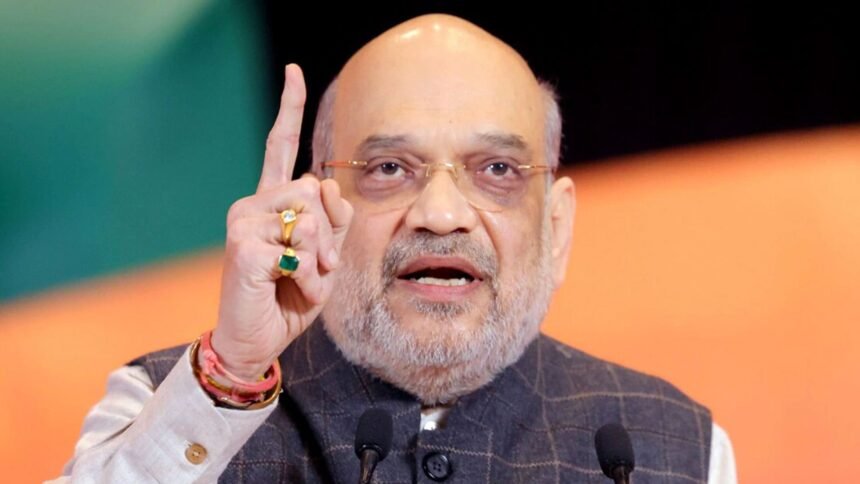Union Home Minister Amit Shah said such a situation had not arisen in the 75 years since Independence, citing the example of former Delhi Chief Minister Arvind Kejriwal, who ran his government from Tihar jail, to justify the new bills seeking removal of jailed ministers.
Shah emphasised the importance of “constitutional morality,” saying it must be observed by both the ruling party and the opposition.
On Wednesday, the government introduced three bills in Parliament to enable the removal of the Prime Minister, Union ministers, chief ministers, or state/UT ministers if they are arrested or detained on serious criminal charges for 30 consecutive days.
“Do the people of this country want a Chief Minister to stay in jail and run the government? What kind of discussion is this? This is a question of morality,” Shah said at the Manorama News Conclave in Kerala.
He added that the framers of the Constitution did not foresee a situation where leaders who had been jailed would continue to hold elected office, which is why such provisions were not included earlier.
Union Home Minister Amit Shah, referring to the arrest of Arvind Kejriwal in the now-scrapped Delhi liquor policy case, said the refusal of the former Delhi Chief Minister to resign after being jailed compelled the government to bring in new legislation.
“Now, there was an incident where a Chief Minister ran the government from jail. So, should the Constitution be amended or not? Even when the BJP was in power, we never faced such a situation,” Shah said, adding, “If Kejriwal had resigned, this bill would not have been necessary. Both ruling and opposition parties must uphold morality in democracy.”
Prime Minister Narendra Modi, addressing a gathering in Bihar, also backed the bill, which has been referred to a Joint Parliamentary Committee amid opposition protests. “We have seen a regrettable situation where those in power have been running governments from jail, signing files from behind bars, destroying constitutional propriety,” he said, indirectly pointing to Kejriwal.
Claiming that his 11-year-old government has remained free of corruption charges, Modi contrasted it with past Congress and RJD regimes, alleging their tenures were marred by scams. He said the new law was necessary to dismiss a corrupt chief minister or even a Prime Minister if jailed for 30 days. “When a lowly clerk is suspended after being jailed, why should elected leaders escape accountability?” he argued, accusing the opposition of being “angry and scared of punishment for their own misdeeds.”
Opposition leaders, however, sharply criticised the move. Congress leader Rahul Gandhi said the country was being “pushed back to medieval times” where rulers jailed their opponents, alleging the bill was another tool to misuse central agencies like the ED, CBI, and I-T Department against dissenters.
Congress president Mallikarjun Kharge called the amendment “an assault on parliamentary democracy and federalism,” accusing the government of introducing it “in subterfuge at the fag end of the session, leaving no room for debate.” He warned the bills would become “instruments to destabilise elected state governments” and claimed opposition voices were increasingly being stifled in Parliament. (Agencies)









